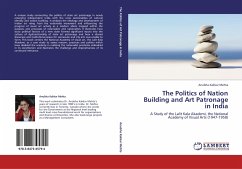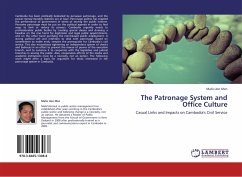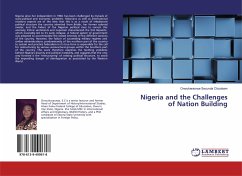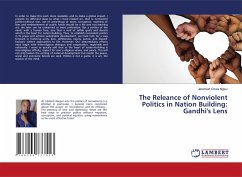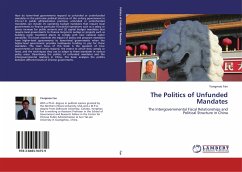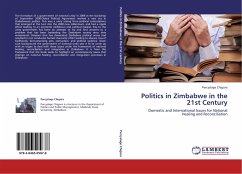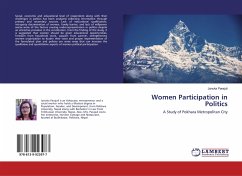A unique study connecting the politics of state art patronage in newly emerging independent India with the cross sectionalities of cultural identity and nation building. It analyses the ideology and development of Indian art rising from the nationalist movement and influencing the progress of visual art activity as a modern idiom trapped within the passions and processes of colonialism and nationalism. It illustrates how socio political factors of a new state formed significant inputs into the culture of dysfunctionality of state art patronage and how a shared discursive and institutional space for vernacular and city arts was unable to form. This book centers the National Academy of visual art, the Lalit Kala Akademi, as a case study to assess reasons, practices and politics which have disabled the academy in realizing the nationalist proclaims embodied in its constitution and illustrates the challenge and imperativeness of its continued relevance.

